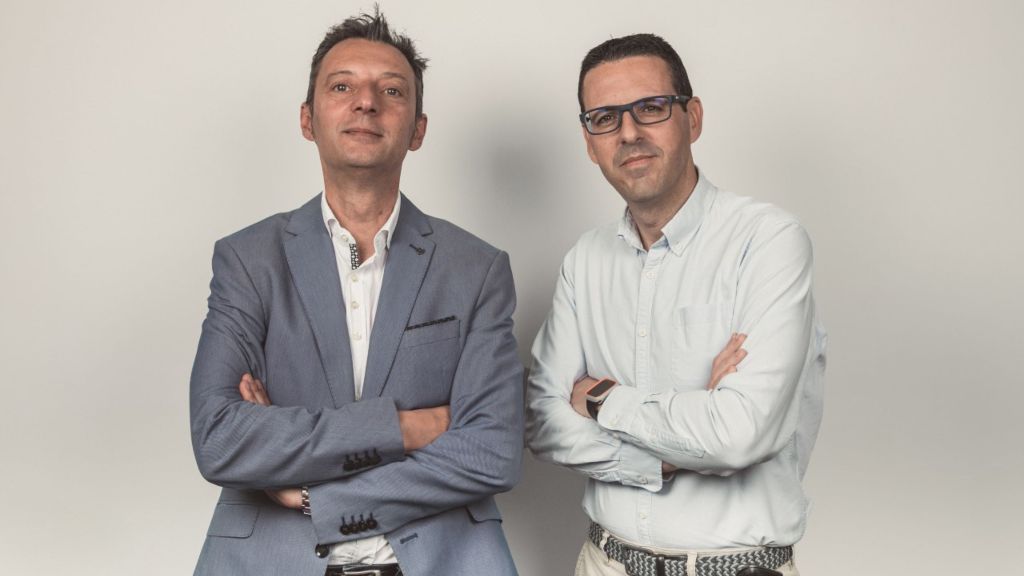
Determined to become one of the leaders in quantum technology, France has kicked off an ambitious five-year plan presented last year by Emmanuel Macron.
France will strengthen its presence in quantum technologies. The Minister of the Armed Forces Florence Parly, the Minister of Higher Education, Research and Innovation Frédérique Vidal, as well as the Secretary of State in charge of Digital Transition and Electronic Communications Cédric O, jointly confirmed the launch of a five-year plan of 1.8 billion euros over five years, at a conference organized last week. An announcement that confirms the objective promised last year by Emmanuel Macron, of make France the global sector of the quantum sector.
With the establishment of this platform, the government’s objective is now to create hybrids between quantum machines and classical supercomputers. The merger of these will make it possible to increase the computing power tenfold to carry out more complex operations, more quickly. According to the government, the first machine of its kind will see the light of day by the year 2023. It will be housed at the Very Large Computing Center (TGCC) located at the CEA DAM (Commissariat for Atomic Energy and Renewable Energies) in Bruyères -le-Châtel in Île-de-France. Supported by INRIA (National Institute for Research in Digital Sciences and Technologies), the project should give rise to one of the most important European computing centers.
Experiment with the quantum of tomorrow
With his quantum project, Emmanuel Macron wants to make France one of the European and world leaders in a field that is still in its infancy. Several machines can also be tested via the platform formalized this week, always with the objective of making the calculations digital. “Up to 1 billion times faster than traditional computing technology, including with current supercomputer technologies, which opens the way to the resolution of a series of problems currently not soluble in human time”, details the cabinet of Cédric O.
As a reminder, and in a very simplified manner, the current calculations currently operate on a basis of elementary bits, capable of being in two distinct states: 1 or 0. With quantum physics, the operations are this time based on qubits, which can adopt several states at the same time. It is this superposition of states, and therefore of possibilities, which should allow increased computing power. Applied to concrete cases, quantum technology will allow the development of algorithms with unprecedented possibilities.



